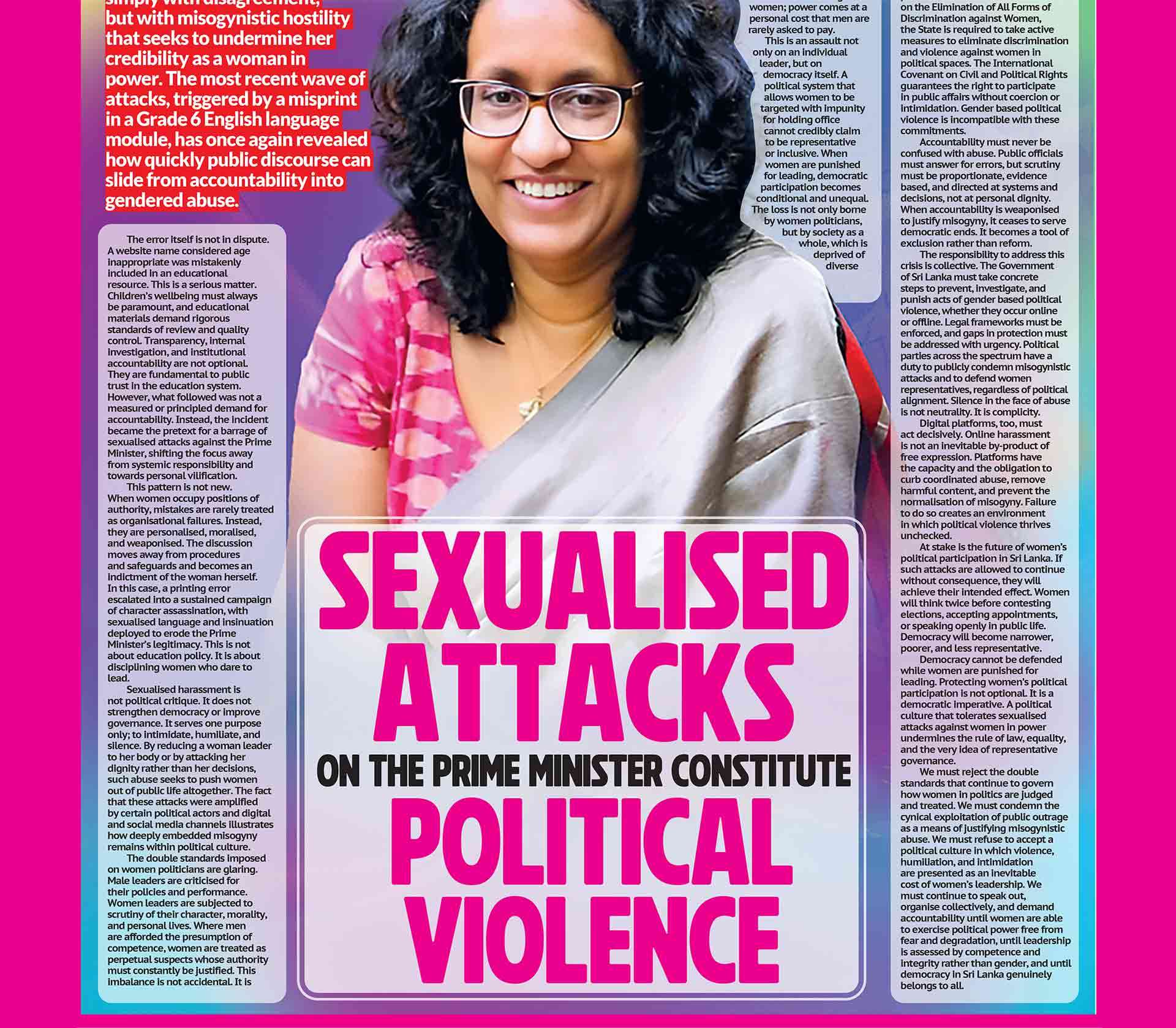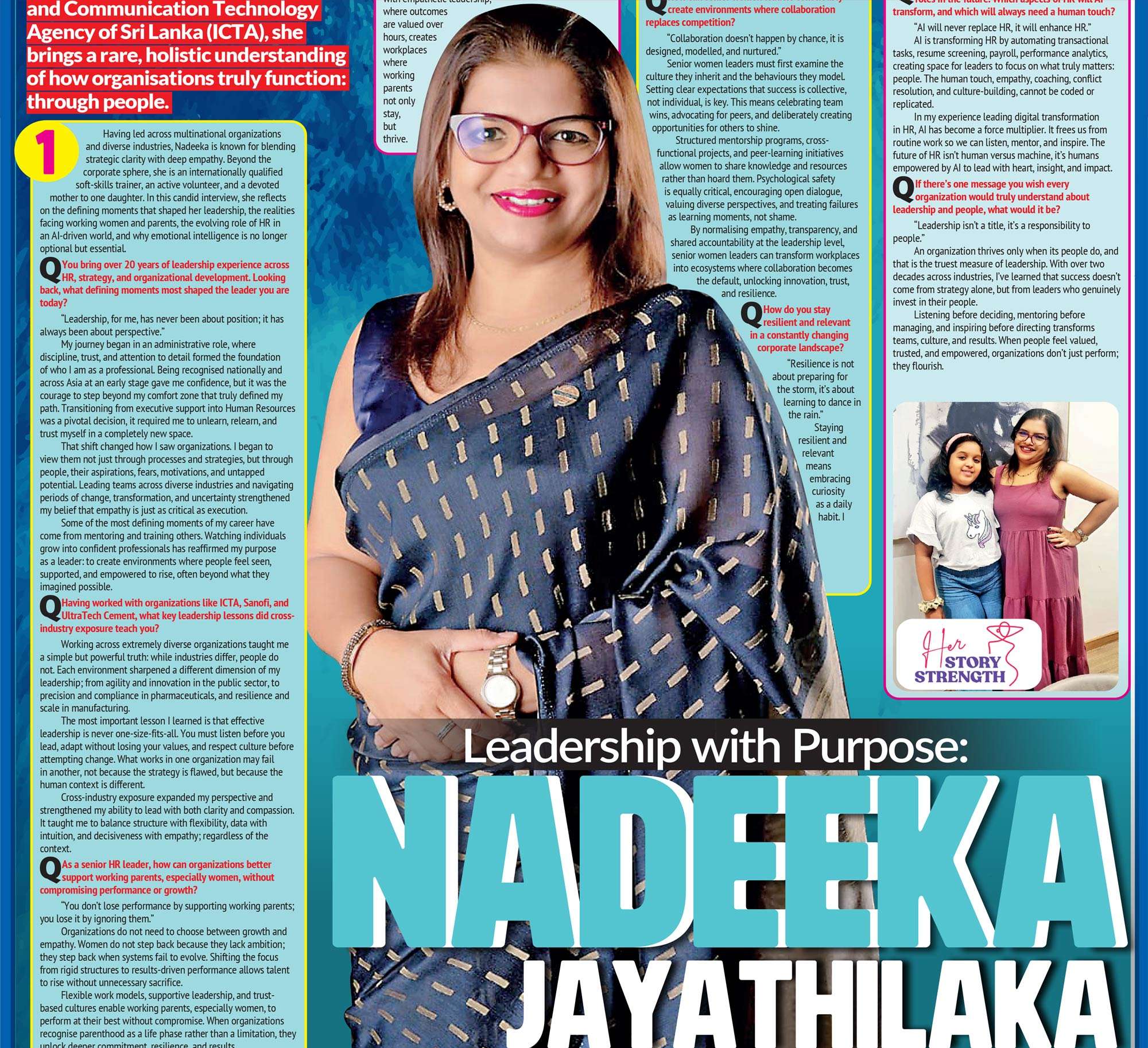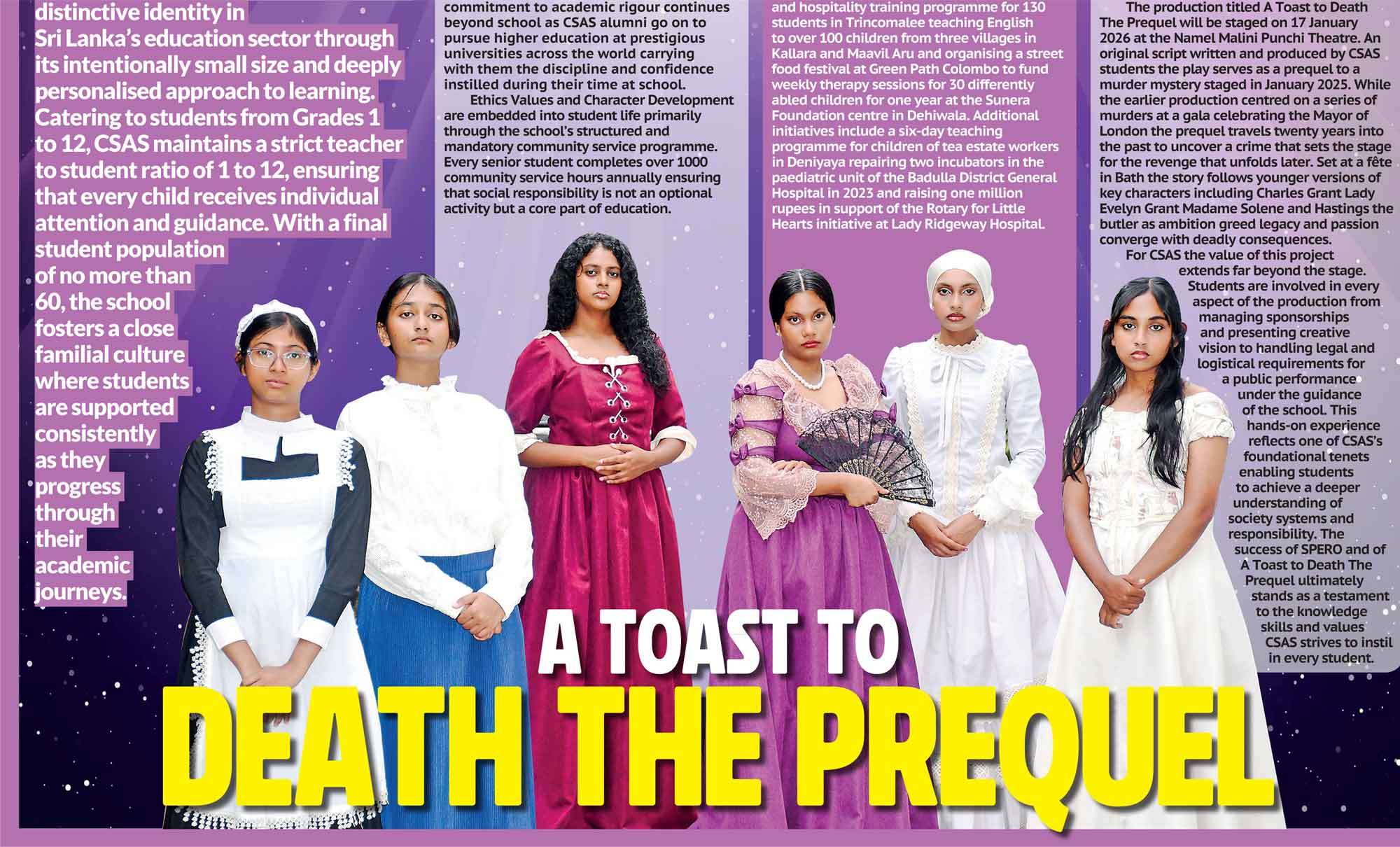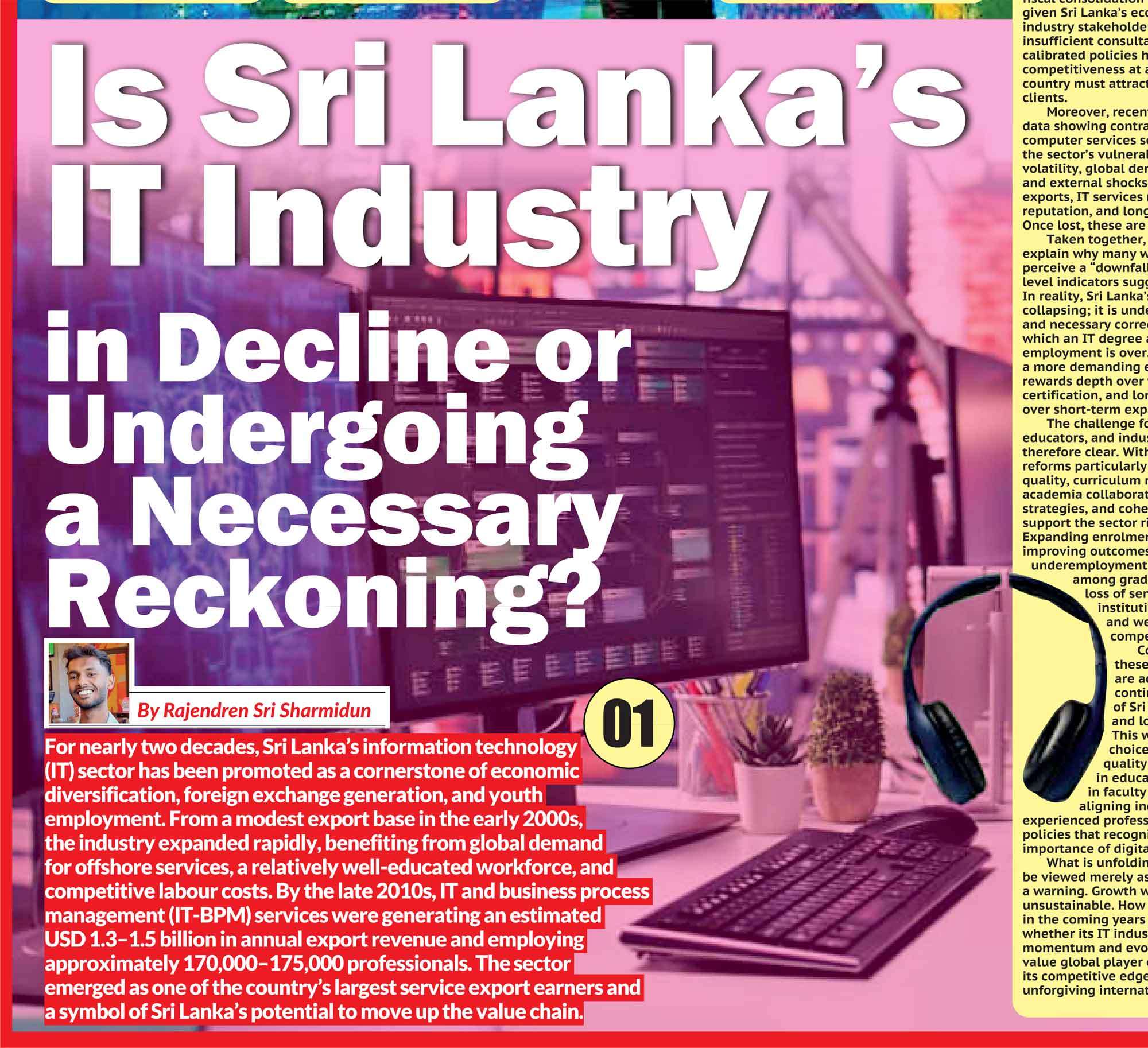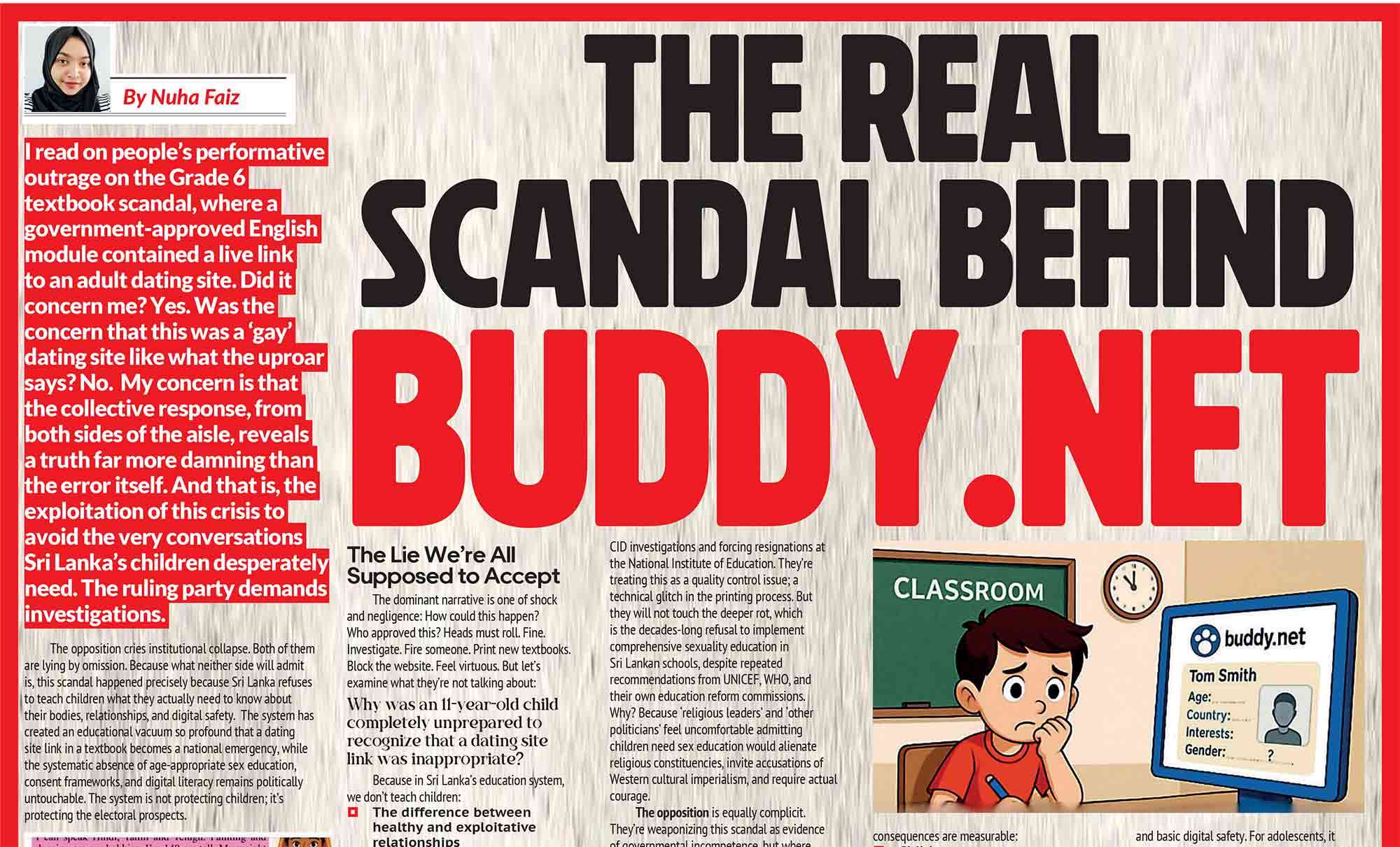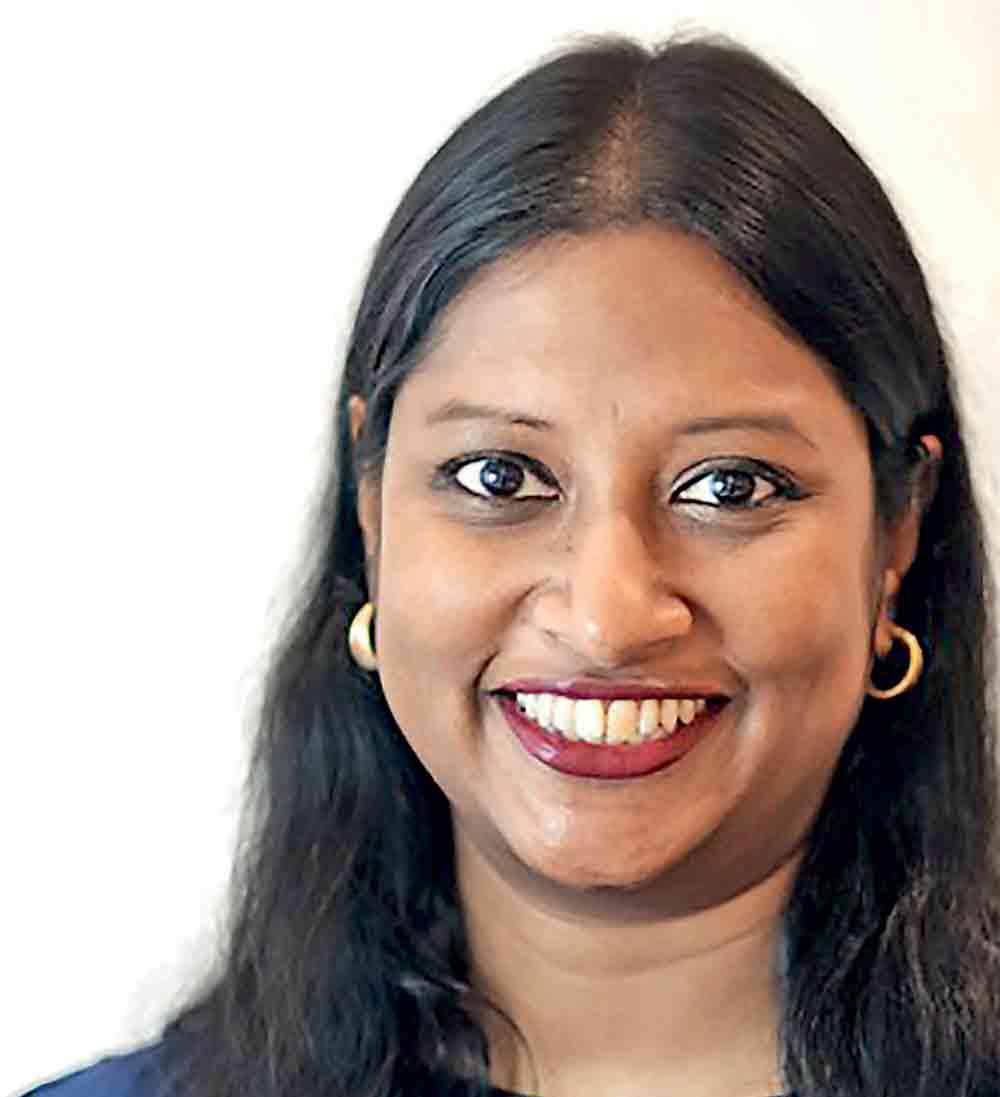
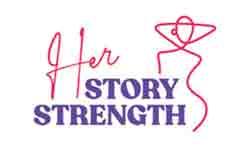 In a world where the lines between profit and purpose are increasingly intertwined, few voices articulate the case for responsible business leadership as eloquently as Janani Wijetunge, Head of Programmes and Governance at the UN Global Compact Network Sri Lanka. With an early career shaped by two of Sri Lanka’s most respected legal minds, Justice Christopher Weeramantry and Dr. Harsha Cabral, she has evolved into a key advocate for corporate sustainability, gender equality, and ethical governance.
In a world where the lines between profit and purpose are increasingly intertwined, few voices articulate the case for responsible business leadership as eloquently as Janani Wijetunge, Head of Programmes and Governance at the UN Global Compact Network Sri Lanka. With an early career shaped by two of Sri Lanka’s most respected legal minds, Justice Christopher Weeramantry and Dr. Harsha Cabral, she has evolved into a key advocate for corporate sustainability, gender equality, and ethical governance.
From championing women’s leadership through the Target Gender Equality Accelerator to guiding companies toward human rights-based governance, her work reflects a deep belief that businesses can and must be drivers of positive change. In this wide-ranging conversation, she shares how law, leadership, and global exposure have shaped her journey, and offers insights for young women aspiring to lead with purpose in an increasingly complex corporate landscape.
Q You began your career journey under the mentorship of two legal luminaries, Justice Christopher Weeramantry and Dr. Harsha Cabral. How did those early experiences shape your values and professional direction?
I consider it an absolute honour and privilege to have begun my career with the guidance of Justice Christopher Weeramantry and later Dr. Harsha Cabral. When I first joined Judge Weeramantry, he was researching for his book Tread Lightly on the Earth published in 2009, which explored what five major religions teach us about the environment, humanity’s shared future, and our responsibilities to generations yet unborn, a concept he called Trusteeship. In my early twenties, this was a transformative experience. I became deeply engaged in his research and discussions, which sparked in me a lifelong belief that we must look after and preserve the planet for future generations. It’s not just about our rights; it’s about our responsibilities to our communities and the human future. My apprenticeship with Dr. Cabral taught me the importance of conscientious, professional work and inspired my passion for intellectual property law, which led me to pursue an LLM in Intellectual Property and Technology Law at the National University of Singapore. That academic journey deepened my interest in environmental law, trusteeship, and international governance. When the opportunity to work at the UN Global Compact, the world’s largest corporate sustainability initiative, came along, it felt like a natural progression.
Q What inspired you to move from traditional legal practice to the broader field of sustainability and corporate governance?
The seed of that transition was undoubtedly planted by Judge Weeramantry, who taught me to look beyond the law toward how we can create meaningful change. My legal education gave me a grounding in accountability and ethics, but sustainability and governance allow me to engage more deeply with the why and how of responsible business conduct. In law, you uphold rules; in sustainability, you help shape the culture that makes those rules meaningful.
This field enables me to influence corporate behaviour not just through compliance, but through values and strategy. It’s work that connects directly to people, purpose, and the planet, a combination that continues to inspire me every day.
Q From your perspective, what role does law play in driving sustainability and ethical transformation within the private sector?
Law plays a foundational role. It establishes the minimum standards of accountability, transparency, and respect for people and the planet. But beyond enforcement, law can be an engine for change. It encourages businesses to think long-term and integrate sustainability into their strategies rather than viewing it as a compliance exercise. What’s fascinating is how law and governance work together to shape corporate culture. Good laws and strong governance frameworks promote ethical decision-making, but real transformation happens when organizations go beyond compliance. When they view sustainability not as an obligation but as an opportunity, that’s when lasting impact begins.
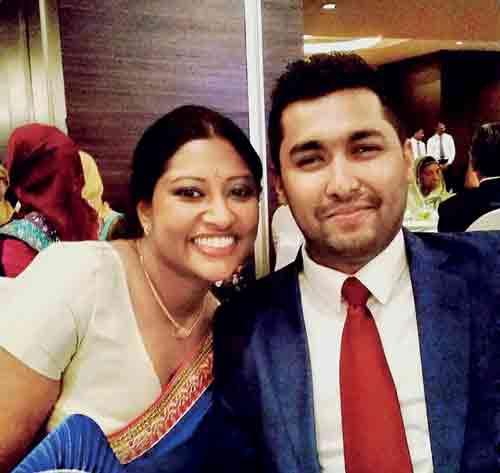
Q You currently lead Programmes and Governance at the UN Global Compact Network Sri Lanka. What are some of the most impactful initiatives you’ve implemented to promote sustainability and gender equality?
One programme I’m especially proud of is the Target Gender Equality Accelerator, which we’ve run in Sri Lanka since 2020. Through this initiative, we help companies set ambitious targets for women’s representation and leadership while addressing systemic barriers that hold women back. It’s deeply rewarding to see organizations move from awareness to concrete policy changes and to hear participants say the programme inspired them to expand what they thought possible. Another impactful initiative is the Business and Human Rights Accelerator, launched in 2023. It supports companies in managing human rights risks across operations and supply chains, aligned with the UN Guiding Principles. Seeing Sri Lankan companies begin to integrate these principles into governance and due diligence processes has been encouraging. Additionally, our Working Groups on Diversity and Inclusion and Business and Human Rights provide vital spaces for peer learning and collaboration, enabling companies to share insights and collectively advance on their sustainability journeys.
Q What are the main challenges Sri Lankan companies face in adopting sustainability practices beyond corporate social responsibility?
The biggest challenge lies in mindset. Many companies are still transitioning from viewing corporate social responsibility as philanthropy or one-off projects to understanding sustainability as a core business imperative. Sustainability isn’t just about doing good externally. It’s about embedding responsibility and resilience into strategy, governance, and daily operations. That requires leadership commitment, cross-departmental collaboration, and investment in internal capacity. There’s also a gap in understanding that sustainability drives innovation and competitiveness. It’s not a burden; it’s a business opportunity. But that shift in thinking takes time, education, and strong leadership to cultivate.
Q How do you help organizations see sustainability as a long-term investment rather than a short-term cost?
That’s a question I encounter often. Many organizations initially see sustainability through the lens of cost. My approach is to reframe it as an investment in resilience and competitiveness. I connect sustainability to business priorities such as risk management, innovation, market access, and talent retention. Strong environmental and social practices reduce operational risks and make companies more attractive to global investors and buyers who demand responsible supply chains. Similarly, inclusive and ethical workplaces drive higher performance and retention. Data and evidence are key. When companies measure returns, whether through energy savings, enhanced reputation, or improved stakeholder trust, they see sustainability as a strategic enabler, not a compliance burden. Ultimately, it’s about shifting the narrative. Sustainability is not a short-term cost; it’s an investment in long-term profitability and relevance.
Q You’ve been part of both the U.S. State Department’s International Visitor Leadership Program and the European Union Visitors Programme. How did these international experiences influence your perspective on governance and development in Sri Lanka?
Both experiences were incredibly enriching and broadened my perspective on governance and development. What stood out most was how effective governance is not just about policies or regulations, but about mindsets and systems that encourage collaboration, accountability, and innovation. Through the IVLP in the United States, I witnessed how partnerships between government, the private sector, and civil society can drive meaningful change when built on trust and shared purpose. It reinforced for me the importance of dialogue and transparency in governance, something I emphasize in my work with the private sector in Sri Lanka. The European Union programme, on the other hand, provided insights into how sustainability and human rights are embedded into corporate governance and trade policy. It demonstrated how these principles can be integrated as core business priorities. These experiences strengthened my belief that Sri Lanka has immense potential to adapt similar approaches, tailoring global best practices to local realities. Good governance, I believe, is about inclusion, consistency, and a willingness to learn and evolve.
Q You have been closely involved in advancing gender equality within corporate environments. In your view, what is holding back gender parity in leadership across Sri Lanka’s private sector?
One of the main challenges is that while awareness about gender equality has grown, the structural and cultural barriers that hold women back in leadership still persist. Many organizations have strong intentions, but the systems, whether in recruitment, promotion, or workplace culture, aren’t always designed to support women’s progression. There’s often unconscious bias in how leadership potential is perceived. Women are sometimes evaluated based on past experience rather than future capability, and career breaks or flexible working choices can still be viewed as setbacks.
Another key issue is the lack of visible role models and sponsorship. Mentorship is valuable, but sponsorship is what truly accelerates change. Leaders must actively open doors and advocate for women to take on strategic roles. Work–life integration remains another challenge. While flexible work policies are improving, there’s still an expectation that women must do it all, making it harder to sustain leadership aspirations. That said, I am encouraged by the progress through initiatives such as the Target Gender Equality Accelerator. More companies, including MAS Holdings, Brandix, John Keells Holdings, Hemas Holdings, and Selyn, are setting measurable targets and holding themselves accountable, which is a major step forward.
Q What message would you share with young women entering corporate careers today, especially those aspiring to leadership roles in governance and sustainability?
I would tell young women to be curious, courageous, and authentic. Governance and sustainability are evolving rapidly, and there’s ample room for new voices and ideas. Don’t be afraid to ask questions, challenge assumptions, and bring your values to your work. Leadership today is as much about integrity as it is about influence. Don’t wait until you feel completely ready. Many women hold themselves back, thinking they must be perfect before stepping up, but growth happens when you take that first step, even if it feels uncomfortable. Seek mentors and allies who support you and be a voice for others as you rise. Finally, remember that leadership in sustainability and governance isn’t about titles; it’s about impact. Use your position to make decisions that are fair, ethical, and forward-looking. If you stay true to that purpose, your influence will naturally grow.
Q How do you personally stay grounded and inspired in a role that demands both strategic leadership and continuous learning?
For me, staying grounded comes from remembering why I do this work, the people, communities, and systems impacted by business and governance decisions. That sense of purpose keeps me focused, even when challenges are complex. I make it a point to remain curious and open to learning, whether through engaging with colleagues, participating in international programmes, or studying emerging trends in sustainability. Continuous learning keeps me agile and inspired. Equally important is reflection. I take time to reassess priorities and celebrate small wins. Balancing strategic thinking with mindful reflection ensures I lead with both clarity and empathy. The support of the Board and team at the UN Global Compact Network Sri Lanka is invaluable in all that I do, and I am deeply grateful for their advice and inspiration.
RAPID FIRE ROUND

- Law or Sustainability? Both – a balanced blend driven by purpose and progress.
- Go-to stress buster? Time with my husband Kishan and our cats, Musa and Nala.
- Most inspiring person met? Justice Christopher Weeramantry – a guiding light throughout my journey.
- Book or quote that changed leadership perspective? “Net Positive” by Paul Polman and Andrew Winston.
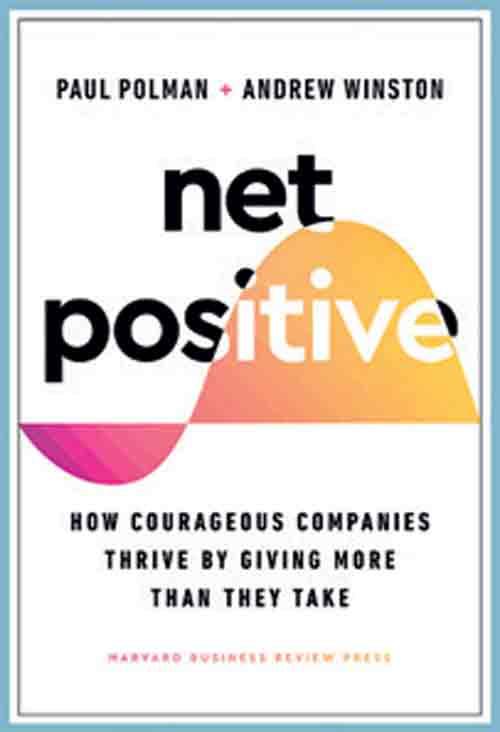
- One sustainability habit you never compromise on? Mindful energy use, recycling, and reducing unnecessary consumption daily.
- One misconception about corporate sustainability you’d change? It’s not a cost; sustainability drives long-term growth and resilience.
- Thinking ritual: coffee, tea, or nature? Music and yoga stretches to clear my mind completely.
- Proudest career moment? DIMO featured globally by UN for gender equality leadership.
- Advice to your younger self? Take risks, embrace mistakes, and believe in your capabilities.
- Alternate career choice? Diplomacy or foreign service, contributing to Sri Lanka’s progress.



